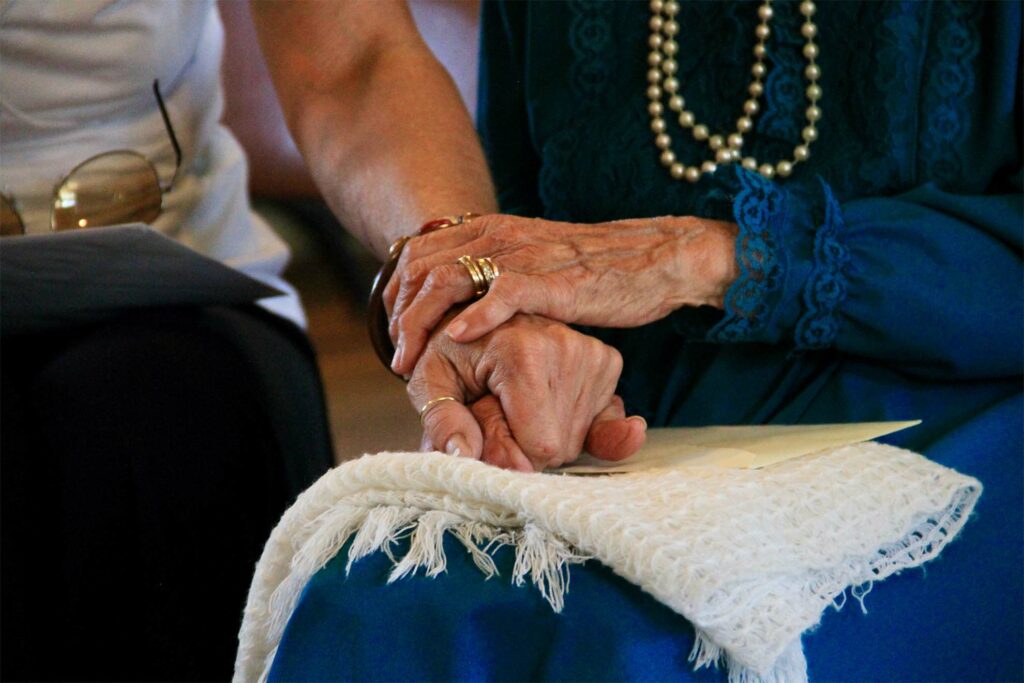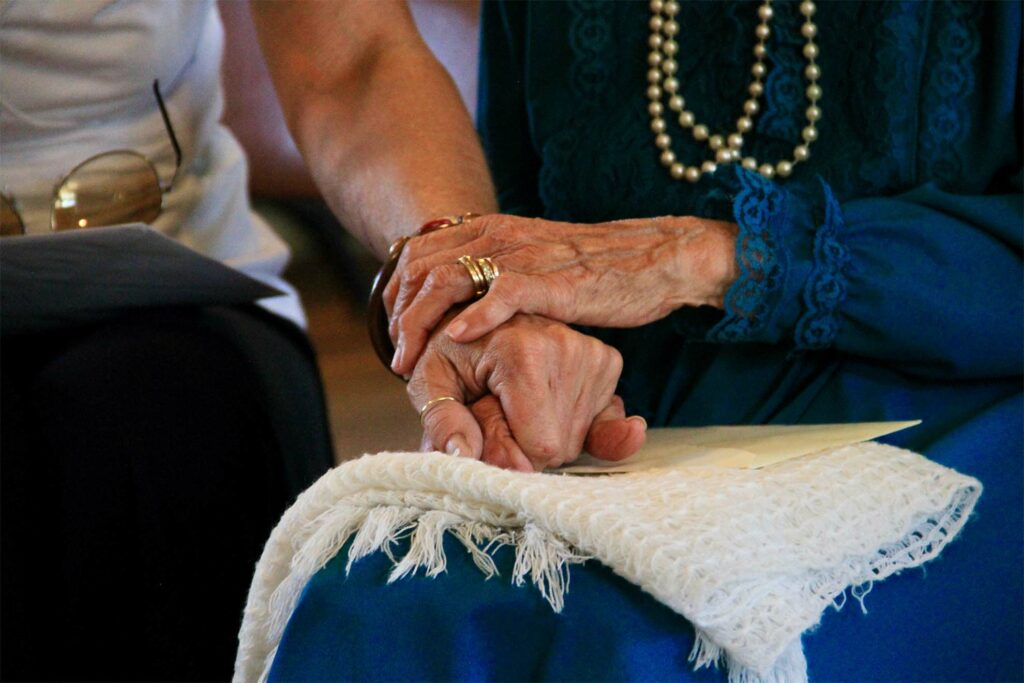How Much Do Care Homes Cost?

The demand for care homes in the UK is continuing to increase and the average care home fees are one of the highest in Europe. Due to the high fees, many families are unsure if they or their loved ones can afford care home fees themselves or if they acquire additional financial support.
Within this blog, we look into the average costs of care home fees in the UK and what financial support services are available, as well as, all the different care types and the average care home costs.

Care Homes and Their Fees
Within the UK, all care homes arrange their fees differently as it depends on what type of care is needed and what type of activities and facilities are offered within the home, therefore the fees vary depending on the home. Some care homes will offer a fixed rate that is paid on a weekly basis and others will do a pay-as-you-go structure.
Some care homes fees will only cover the basic care services and some additional charges may apply for things such as additional medical services, beauty treatments and some social activities.
Average Care Home Fees In The UK
Carehome.co.uk recently carried out research and found that care home fees range between £27,000 to £39,000 per year and this cost is based on residential care only. More specialist care, like nursing or dementia, will be more expensive.
Location will also play a massive part in how much a care home will cost. Care homes in popular cities tend to be more expensive compared to homes in more rural areas.
Each care home is different and it is important to compare care home fees and facilities before making a decision.
Residential Care Costs
When moving someone into a residential care home, the care home costs will cover accommodation, meals and personal care. Residential care is perfect for individuals who need additional support with daily living like getting dressed, washing and eating, or who are struggling to maintain a household on their own.
Nursing Care Costs
A nursing home or nursing care fees tends to be more expensive due to nursing care services being more specialist but it will still include the necessities such as accommodation, meals and support services alongside nursing care. Nursing care requires care and support from a registered nurse, hence why the fees are more expensive.
Respite Care Costs
This care type is provided to individuals on a short-term basis and normally is for people who require additional support after an illness, surgery or to allow their caregivers a break.
Respite care will support those temporarily and is charged on a daily or weekly structure. A care home will need to assess the individual to make sure they can fully support them and these costs can vary depending on a person’s needs.



What's Included In Care Home Fees
The costs of living in a care home will vary depending on the home and what they offer their residents. Normally care home fees will cover accommodation and meals, as well as daily care and activities.
However, some homes will charge for additional services, so you must check with management at a care home and compare them with each other. Some care homes provide an all-inclusive way of living which means the additional services will be covered in the weekly fees.
What Are All-Inclusive Care Home
Living in an all-inclusive care home is becoming more popular due to the flat fee and what is included for residents. Despite being slightly more expensive, care recipients prefer to choose this option due to the convenience it provides and the avoidance of paying unexpected costs for additional services.
Not having unexpected care home costs can be reassuring for an individual, especially with the current costs of living crisis continuing to rise. Choosing to live in an all-inclusive care home means you get all of the care, support, food and amenities you need without worrying about how you are going to pay for your energy bills or utility costs like you would at home.
Each all-inclusive care home is different and will offer different kinds of care packages that are tailored to each resident. You might find some care homes aren't suitable as they don’t offer the right level of care, so it is very important to compare a range of care homes in your desired area.
Who Should Be Paying For Care
Nursing home and care home fees are normally paid by the person receiving the service or their families. However, not everyone is in a position to do this. People who are in this position can request support via their local authority or the NHS. To qualify for this financial support, a financial assessment needs to be carried out.
If you can fund care or your family members can support you, you do need to speak to a financial advisor to make sure you understand whether you can afford the care yourself, and what options are available.
Financial Help To Cover Care Costs
Depending on an individual's circumstances, they might be eligible for financial help. If this is the case, the first option would be to have a means test as the first step. This is an assessment done by your local council and is based on the individual's assets and whether their income falls below a certain threshold. If someone is accepted, the local authority will contribute towards the costs of your care.
If someone requires a significant amount of medical care, they may be eligible for Complex Clinical Care funding. To qualify for this kind of funding, individuals will have to have significant medical needs and a professional will have to assess their health beforehand.
If you do not qualify for either the local authority or Complex Clinical Care, you can apply for a deferred payment agreement or equity release. This is when the local authority will loan you the care costs and once the individual sells some of their assets they can use that money to pay the local council back plus interest.
Financial help isn't always guaranteed and some care homes do not accept funding support. Before visiting homes, it is important to ask if they accept financial support.
Local Authority Funding
Local authority funding is when the local council provides financial assistance for care home or nursing home fees if an individual is unable to pay for it themselves. To qualify for local authority funding, you are required to have a means test, which is a financial assessment of that person's total assets and income.
If someone is deemed eligible for the funding, the local authority will cover the basic costs and depending on an individual's medical circumstances, may fund the additional care that they need.
When receiving local authority-funded care, it is important to know that the local council will only pay for the basic costs which are accommodation, meals and personal care. Additional services or amenities beyond care such as transport, social activities or personal items will not be covered by the local authority, therefore financial arrangements will need to be made such as a top-up fee.
It is important to note that sometimes, the local authority may not be able to cover someone's care home fees in full, therefore the individual or family members will need to supply what is called a top-up fee to cover the remaining cost of care.
NHS Funding Support
Depending on your medical needs, you can get NHS-funded care known as Complex Clinical Care in Scotland. This type of support will cover the costs of a nursing home and any other healthcare-related expenses, but not accommodation costs unless a person has insufficient funds to cover this.
An assessment will take place by a medical professional to see if you can qualify for this kind of care fee coverage. The assessment will look into an individual's circumstances. The service user must require complex care that is ongoing like a severe disability, a long-term condition or a terminal illness.
Self-Funding Your Care Costs
If you pay for your care yourself, you are considered a self-funder as you do not need any financial support. This means that you are fully responsible for the costs. You are still considered a self-funder if a family member covers your care fees.
Care home fees can vary depending on the size of the home, location and amenities. Moving into care is a significant financial commitment and you need to carefully consider all the costs that you might come across when making a decision.



Mearns View Care Home
Our care home in East Renfrewshire houses 67 residents and is a purpose-built facility that provides residents with everything that they need. Our residents can expect to live their life to the fullest when staying at our all-inclusive care home in Newton Mearns, provided with 24-hour support from our dedicated team of healthcare professionals.
Our care home offers a range of care services which include Residential, Dementia, Nursing and Respite Care. Our care teams constantly put the health of our residents first and provide outstanding services to all through our person-centred approach.
We want all of our residents to make the most of every day and we do this by providing 24/7 care and support as well as providing access to some outstanding facilities which include a cinema room, landscaped garden and a hair salon which enable residents to enjoy leisurely activities. The facilities on offer are included in our weekly fees.
Find Out More About Our All-Inclusive Care Home
If you have any queries about the cost of care at Mearns View Care Home or the services that we provide, contact our team today by emailing info@mearnsviewcare.co.uk or by phone at 0141 484 7555.





